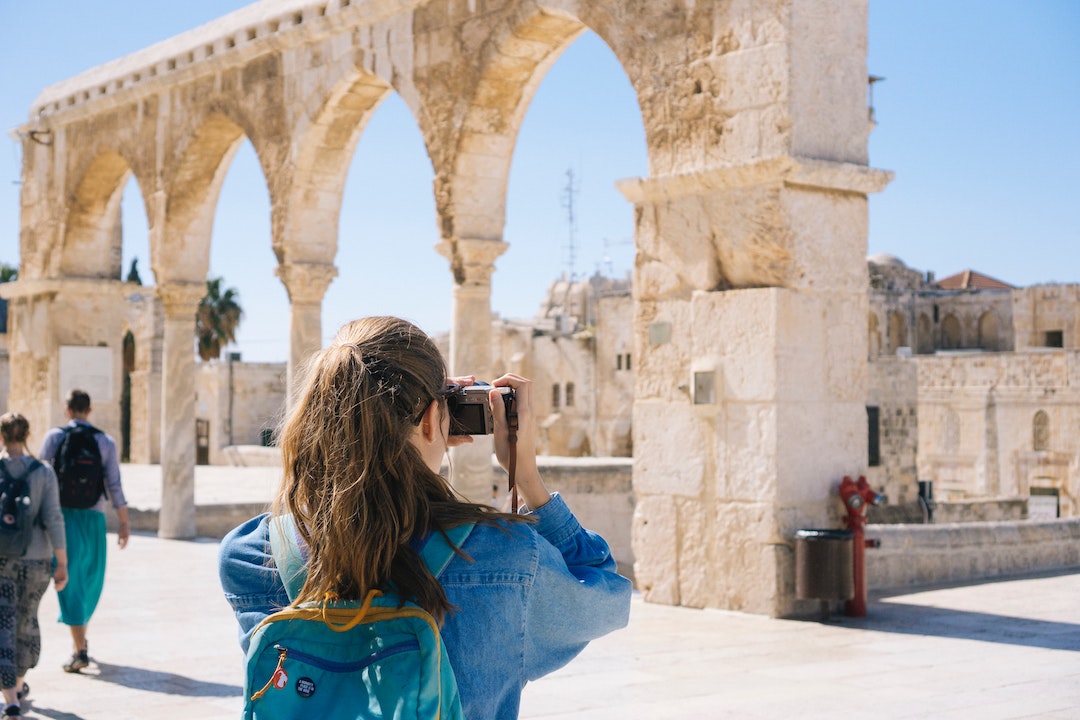The next time we hop on a plane and travel abroad, there’s no doubt the journey will be different from what we remember. The airport security queues will likely be a bit longer, the destinations we visit might be a little less crowded, and the reasons why we choose to travel in the first place will probably differ, too.
Despite all the changes, one aspect of travel will always remain the same: how we budget for a trip. It doesn’t matter where you’re going or for how long, getting your finances in order for an upcoming holiday is something that every traveller has grappled with at one point or another.
Since budgeting for travel is an integral part of any trip, Days to Come sat down (virtually, of course) with Nora Dunn — AKA the Professional Hobo — to talk about all things travel and finance.
With a professional background in financial planning and 12 years of full-time travel under her belt, Nora knows a thing or two about the best ways to reach your travel savings goals. And lucky for us, she’s decided to share some of her top tips and advice below.
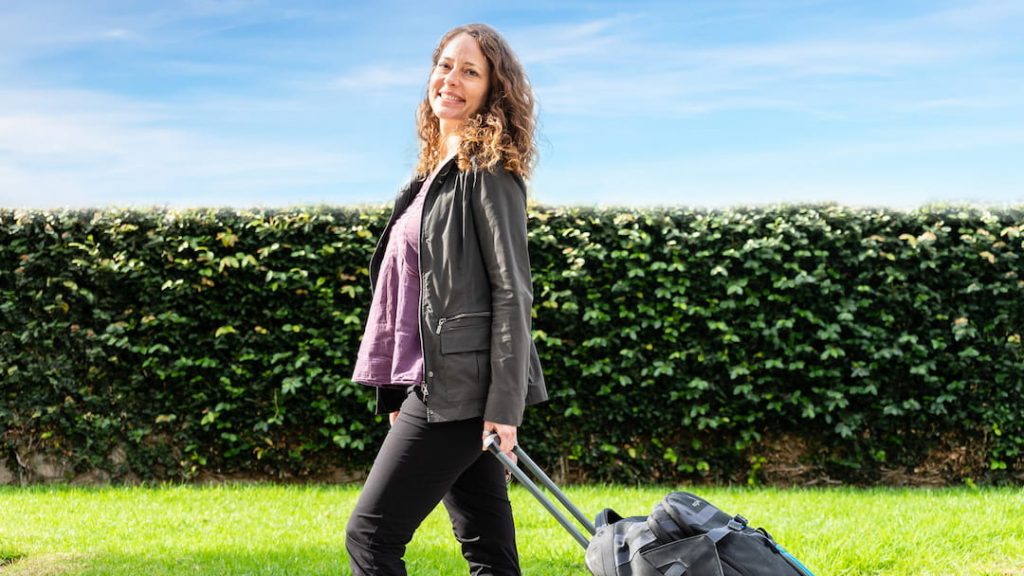
What are small things people can do every day to save for a dream trip down the line?
What we’re actually talking about here is just basic budgeting, not even travel budgeting; we’re talking about money management and cash flow management. The first thing you should do is re-evaluate your expenses so you can start directing money into a vacation savings account. You need to know where your money is going, and for that you need to track your expenses.
There are lots of apps out there these days which can help with that. I have a couple of apps that I use because I travel all over the world and track expenses in multiple currencies. One of my favourites — Trail Wallet — is specifically for travellers, but if you don’t need a travel component, there are plenty of other apps that will help you track home expenses.
The trick is: every time you spend money — as soon as you walk out of that store or check out online — record the expense in the app you are using. And don’t judge yourself. A lot of people either won’t record it because they feel guilty about spending as it’s not representative of their budget, or because they think it’s an inconsequential amount. It doesn’t matter what you’re spending money on — record it.
After you have some understanding of your expenses, you have the ability to look at them and say: I didn’t realise I was spending $150 a month at Starbucks. That’s $1800 a year — there’s my vacation! So there are definitely ways to identify places to cut your spending or reduce your spending once you learn where the money is going.
Do you have advice for people who want to budget for travel, but they’re also paying off debts like student loans or a mortgage?
I’m generally a believer in the idea that we have to plan for tomorrow because no one else is going to do it for us, but we can’t do it at the expense of living for today. So, that then leads to my second mantra in life, which is everything in moderation.
That said, everybody’s situation is different. I mean, there are lots of people out there who are committed to the max between mortgages and student loans and perhaps consumer debt like credit cards and car loans, and there’s just nothing left over. And if that’s you, no you shouldn’t be travelling. Not until you have a better handle on the debt, because the worst mistake you can make is to go into debt to travel.
I’m all for putting your trip on your credit card, but only if you can pay off your credit card in full at the end of the month and not pay one cent of interest. Because as soon as you’re paying interest on something as optional as a vacation, that is indicative that your priorities aren’t necessarily in the best alignment of your greater financial good.
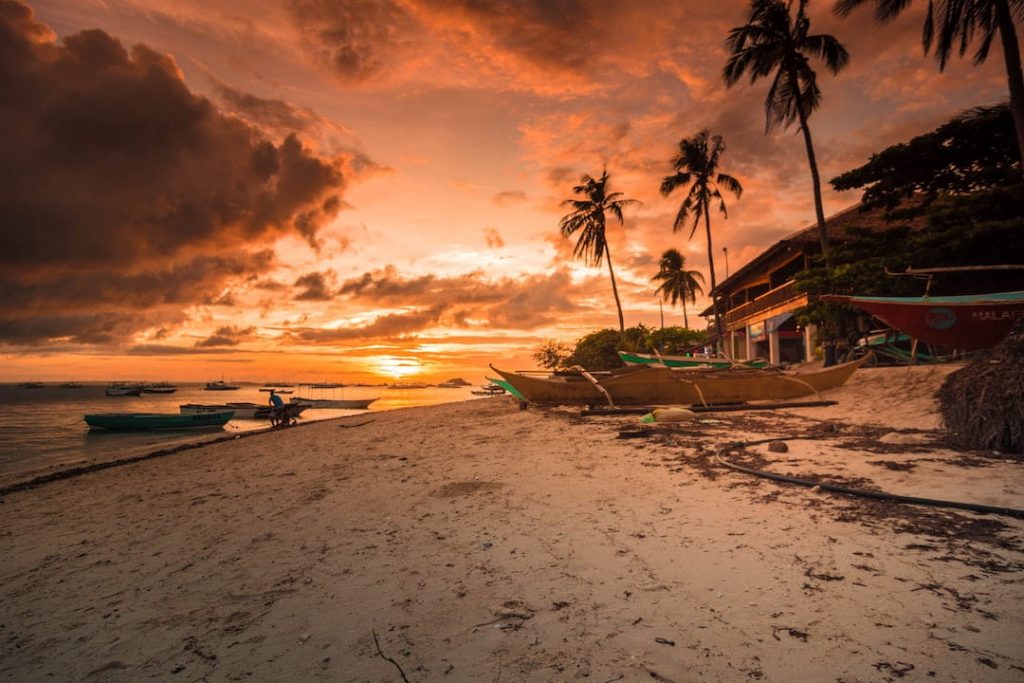
What if they’re still paying down their debts but they have a bit of disposable income to play with?
If you’ve got a tiny bit of disposable income after you’ve met your debt payments, then absolutely funnel that money into savings. Chuck it into a high-interest savings account; you essentially don’t want to invest it in something volatile because you don’t know if the money is going to go down. So you want it to be in something, but don’t keep it in a bank account. A bank account will give you nothing and it’s too easy to access.
Whereas a high-interest savings account is at least going to keep you up with inflation. And, even better, if you’re able to determine how much money is left over at the end of every month — let’s say it’s $25 — make that an automatic payment into your high-interest savings account. This way, you have no excuse to not save money.
What are your tips for determining the best budget for your holiday?
It’s funny, I’m always asked about this. I wrote a book about working on the road and the lifestyle of travel, and they begged me for budget templates and I wouldn’t give it to them because travel budgets are moving targets and it’s different for everybody.
I mean, are you into scuba diving? Well, that’s inherently going to cost more than if all you want to do is sit on the beach. Both are beach destinations, so the cost of getting there is the same, but the cost of scuba diving is inherently more. So the amount you’re going to spend on vacation really depends on where you’re going and what you want to do, and what kind of taste you have in general.
That said, you can turn your travel budget exercise into an enjoyable thing if you start planning out your vacation. Start with a glass of wine and a day planner and plan out your ideal vacation. Once you have a better idea of what that holiday looks like, price every element of that out. Put a number to it, and then decide if that number is something you’re willing or able to save for, or if there’s something you can tweak if that number is too much.
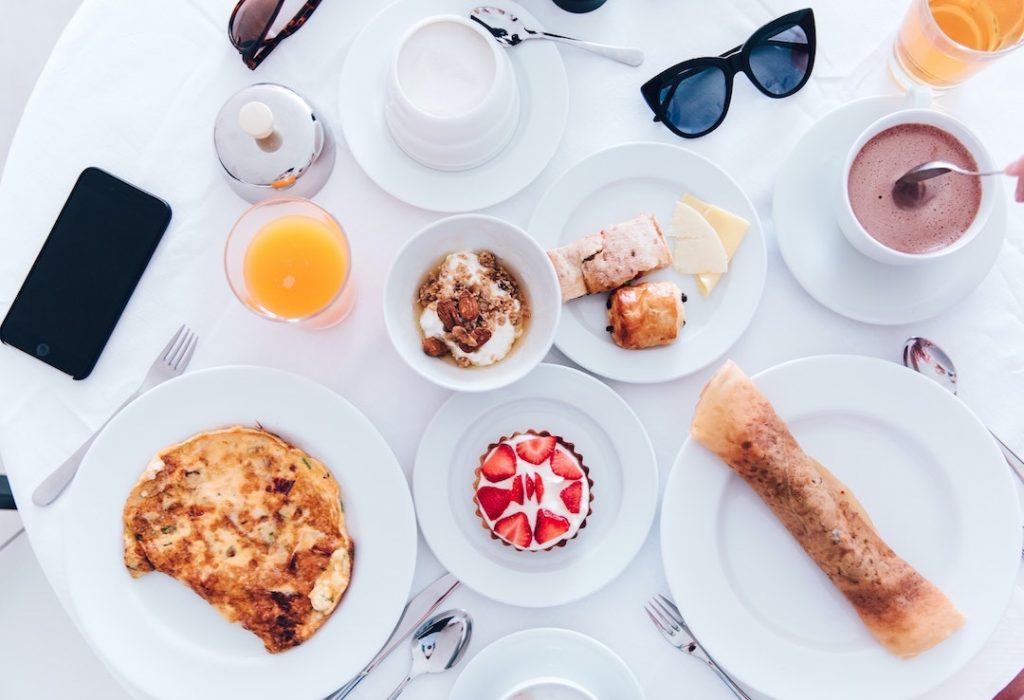
What are the best tools to stick to your travel budget, and to manage money on the road?
This is where apps like Trail Wallet come in handy, because again, you’re tracking your expenses on and off the road, you can do it in multiple currencies, you can see how much money you’ve spent every time you log in, and you can set your budgets. So you can see very quickly how you’re doing in relation to your budget. That’s only available for iPhone; Hop Wallet I believe is available for Android. Travel Spend is another I’ve used — that one is delightful.
If you’re travelling with other people, and you’re splitting expenses, then Splittr is amazing. Again, you can track in multiple currencies, and then it figures out who owes who at the end of the trip. That can be really instrumental because it’s difficult if you’re travelling with friends and you want to split expenses.
What would you say is the biggest challenge people run into when budgeting for travel?
I think the biggest challenge to budgeting for a trip is that you just don’t know how much money you’re going to end up spending. The rule of thumb is to save more than you think you’ll need, period. Because inevitably you’re going to run into something that costs more than you planned on it costing.
So, I always err on the side of caution. I will always create a bigger budget than I think I need and that gives me a little bit of wiggle room when I’m on the road.
There’s also another thing that happens when you’re on the road, and it’s the “screw it, I’m on vacation” mentality. This is when you’re faced with something that wasn’t in the budget, and it looks really cool, so you think: screw it, I’m going to spend money I don’t have on this thing I want to see, do, or have.
So put that in the budget. You could even put a line in your budget called the “screw it, I’m on vacation” category. But once you’ve spent that amount and you’re faced with the next “screw it, I’m on vacation” opportunity, you have to say no. So, there is some discipline required at all times.

Have you noticed anything interesting about the way different travellers budget and spend when they’re on holiday?
When I was in Hawaii, I went out on Taco Tuesday with a bunch of different travellers and it was a fascinating exercise for me to see how everybody chose to experience Taco Tuesday.
So there was a couple who were just finishing up their world tour, and since money was tight, they had dinner before they went out. They didn’t have any tacos, but they did leave enough money in their budget to have a beer with everyone.
Then there was someone else who decided the beer wasn’t worthwhile but the tacos would be, and that could be their dinner. Then there was someone else who had snacks beforehand so they wouldn’t be too hungry, so then they could have one taco and one beer.
And then there was Phil. Phil was the ultimate “screw it, I’m on vacation” kind of guy, and he didn’t have the money to do it, but he went out and had three orders of tacos and three beers. Why? Because he’s out with a bunch of people and it’s a cause for celebration. Well, Phil ran out of money pretty quickly on his trip.
Now, we all had the same experience: we were all sitting around the same table having the same conversation in the same beautiful destination. And yet, it cost all of us something very different. So, it’s up to you to decide how you want to experience your vacation, or what is most important about the trip — what are the essentials and the non-negotiables you must experience.
What are a few of your top tips for saving money on holiday?
There are a lot of ways to save money on the road. Make the main meal of your day lunch, not dinner. The same restaurant might have the same menu at lunch and dinner, but they’ll charge less at lunch.
Breakfasts are lovely but they’re usually the biggest waste of money. You could easily go to the grocery store and buy a croissant, yoghurt, and fruit, and that will cost you a dollar or two, or you can go to a restaurant and spend $20.
There’s tons of content online for money-saving travel tips, so do your research and make your choices accordingly.
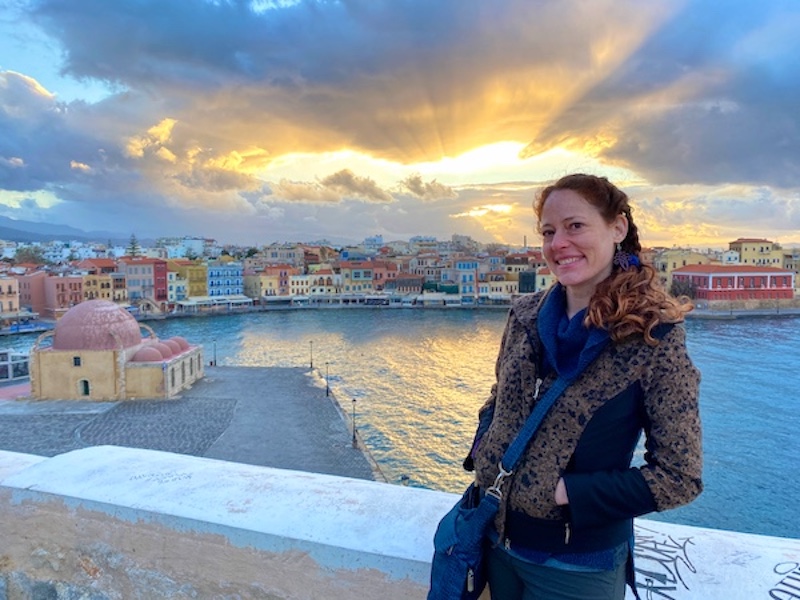
If there was one piece of advice you wish you could pass on to travellers, what would you want to tell people?
I would like to tell the world at large that you have a fabulous opportunity to save tons of money on your next trip and have a more culturally rewarding and immersive experience and it involves getting your accommodation for free. I saved over $100,000 USD in my 12 years of full-time travel by getting my accommodation for free.
I did write a book on this, it’s called How to Get Free Accommodation Around the World. And this can be good for anybody; you could be going on a trip for a few days to a few weeks to a few years. There are five different forms of free accommodation you can get, and accommodation is the most expensive element of your travel, hands down.
The less you’ll spend on that, then the cheaper your vacation will be. And like I said, the different forms of accommodation you can get can be extremely rewarding culturally because you’ll have the chance to have experiences and meet people you’d never have if you were just staying at a hotel.
If you could go on a tour anywhere in the world, where would you go and why?
First of all, I’d like to dispel the myth that as an independent traveller, I’m not into tours. For me, some of the best travel experiences can only be had when you take a tour. And especially if you’re dealing with a shortened time frame and you want to get as much value out of your time if you can.
So you don’t have time to sit in a coffee shop to serendipitously meet someone who’s going to invite you to a wedding — it just doesn’t happen. Taking a tour is a way to learn the inside scoop from a local, and that’s what we’re all looking for when we travel.
So if I were to choose a tour, it would be to a place that I would have some trepidation about going to. Somewhere that perhaps I’d be nervous about travelling alone as a female; somewhere that perhaps I’d be nervous about the language and getting around or being overwhelmed.
That place is going to be different for everyone, so I’m not going to put my personal biases onto that. But I know that for everybody there’s somewhere in the world that you’d like to see, but you’re nervous to go because you’re afraid it’s just going to be too much. And if that’s the case, book yourself a tour and you’ll be in good hands the whole time.

